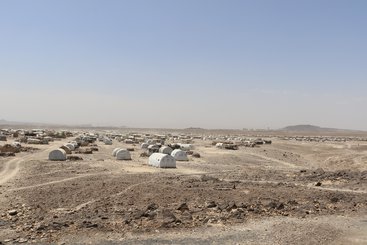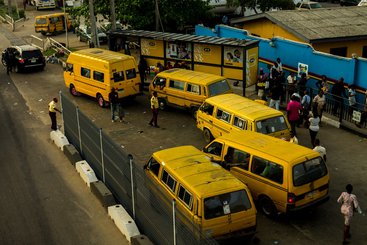This briefing presents an overview of the key features of migration and asylum policy in Uganda, recent trends in migration, refugee and asylum patterns, public perceptions and political narratives on refugees and other migrants:
- Uganda hosts a much higher proportion of refugees and other migrants relative to its population than other countries in sub-Saharan Africa.
- Over time, the country’s approach to refugee hosting has shifted from being heavily restrictive towards becoming – at least in theory – one of the most progressive in the world.
- There are several parallel narratives surrounding refugees and other migrants in Uganda. For example, Uganda has long been held up by international actors as an example of good practice for refugee hosting, however this has not always been matched with tangible funding commitments.
- International and regional private sector actors are showing increased interest in investments in Uganda’s refugee-hosting areas. However, in contrast to other regional players such as Kenya, this has so far largely been limited to small-scale initiatives.
The briefing is part of a wider project, supported by the IKEA Foundation, that aims to engage public and private investors interested in migration and displacement.
About the series
Through a series of activities, dialogues and innovative communication and outreach initiatives, Public and political narratives on refugees and other migrants: implications for action maps recent research and evidence on public attitudes toward refugees and other migrants.





